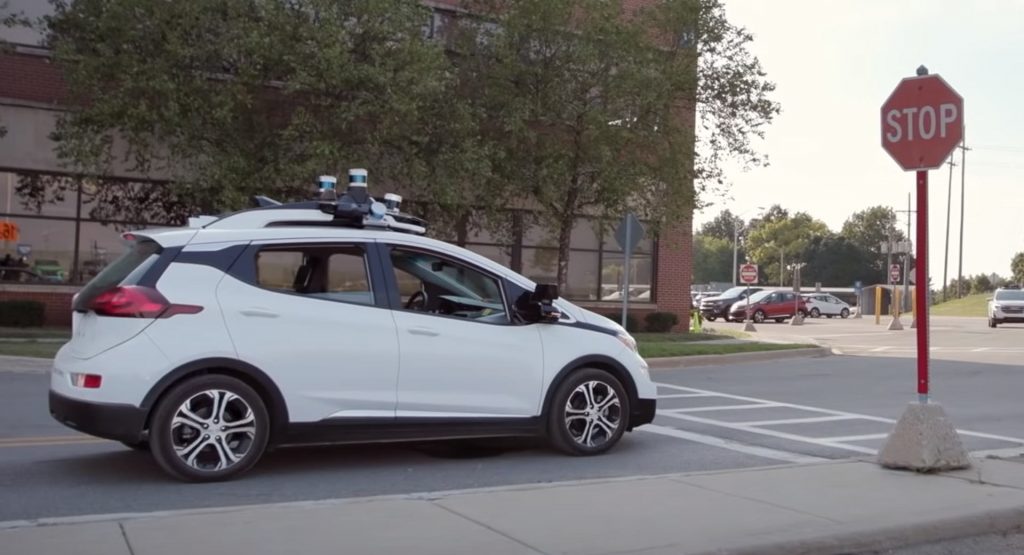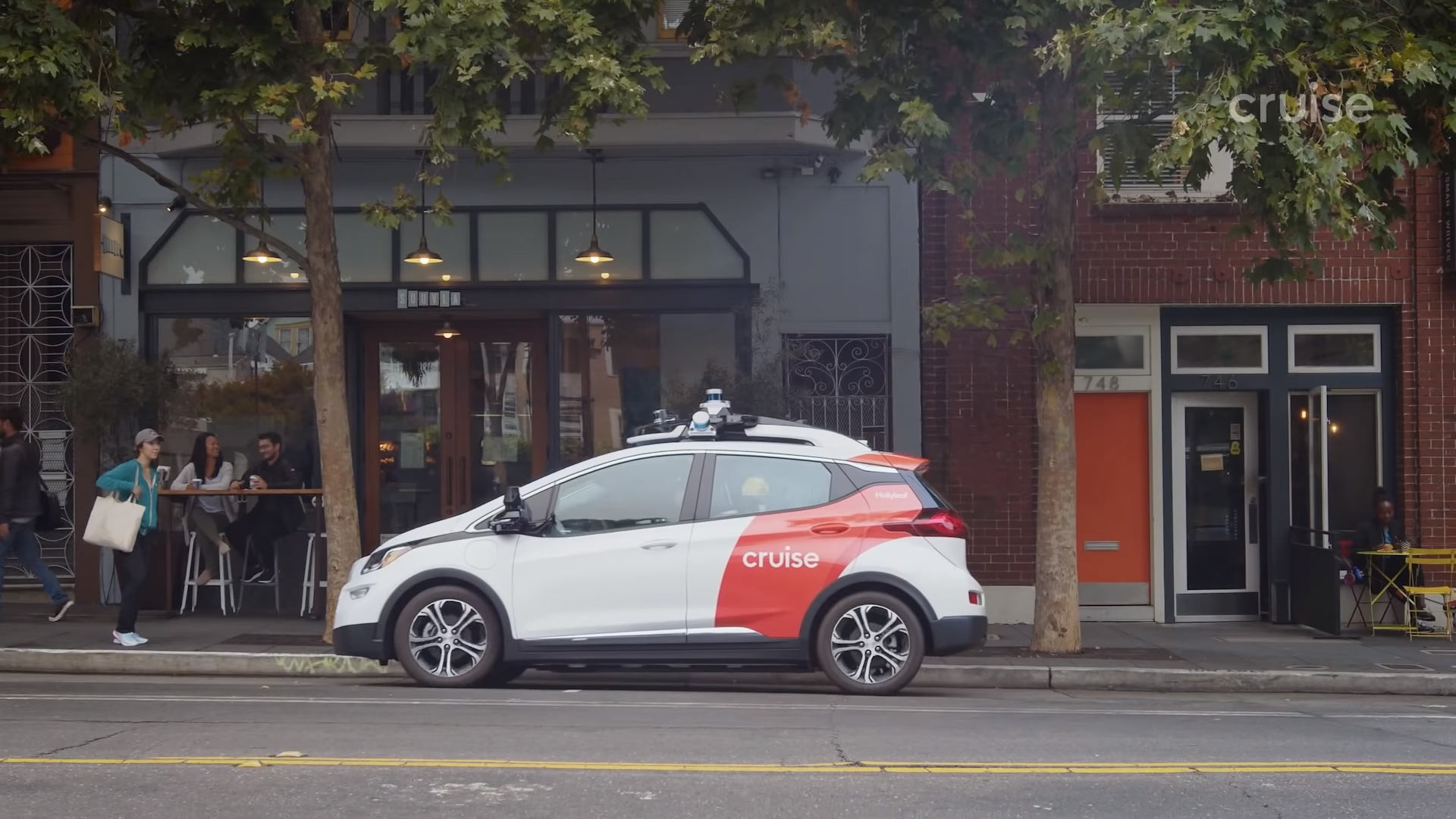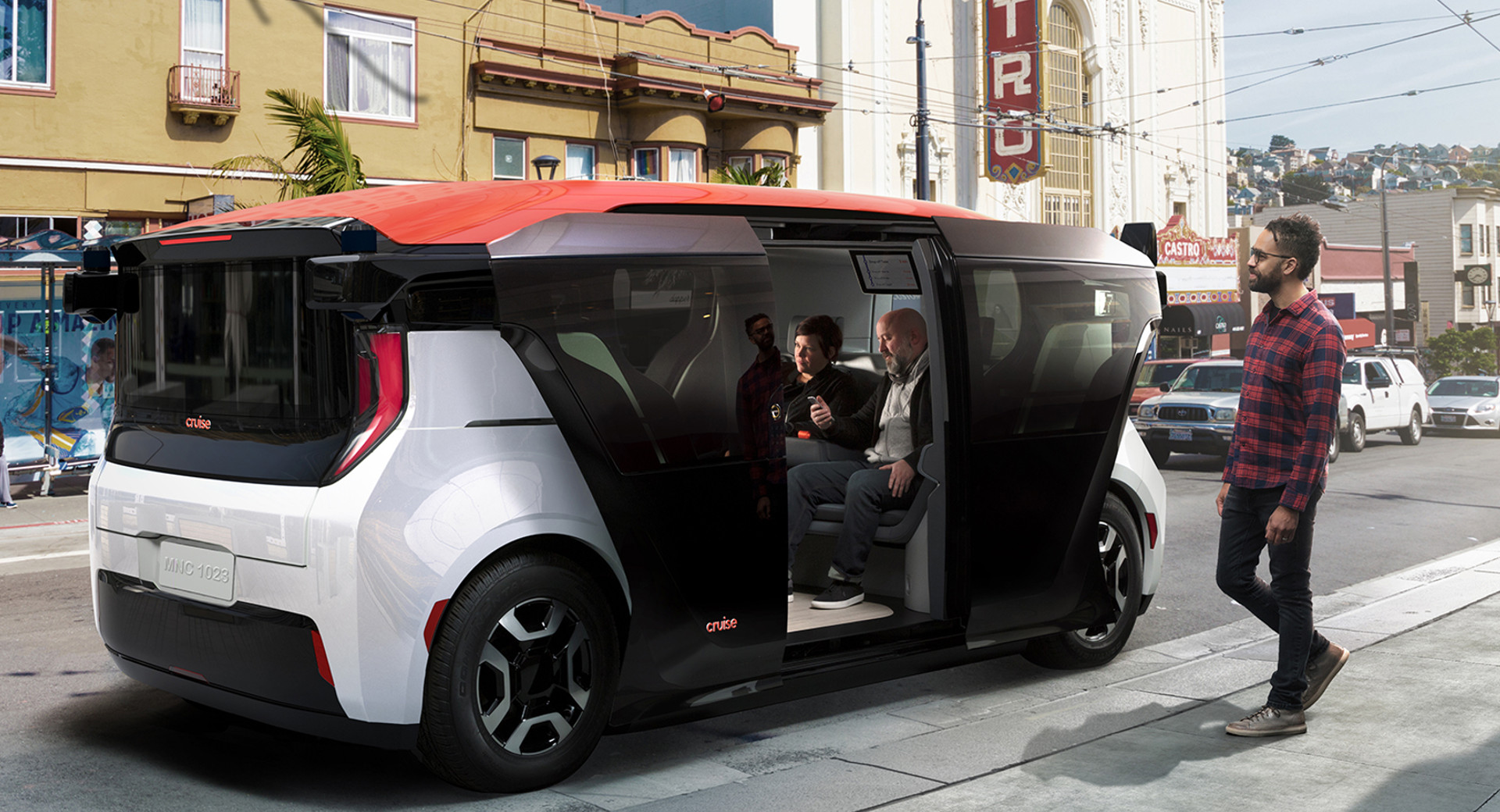Cruise is about to take a big step forward as CEO Dan Ammann has revealed the company will begin testing autonomous vehicles without safety drivers by the end of the year.
The move follows a permit granted by the California Department of Motor Vehicles and it will allow Cruise to test electric autonomous vehicles on the streets of San Francisco without safety drivers.
This is a significant change and Ammann noted “safely removing the driver [from the vehicle] is the true benchmark of a self-driving car.” While the executive acknowledged they’re not the first company to receive this type of permit, they’ll be the first to “put it to use on the streets of a major U.S. city.”
Also Read: The Cruise Origin Is The Electric, Autonomous, Shareable Car Of The Future
This is noteworthy for a couple of reasons including the increased traffic that is present in large cities such as San Francisco. Ammann pointed to this as he said, “While it would be easier to do this in the suburbs, where driving is 30–40 times less complex, our cities are ground zero for the world’s transportation crisis.” He added cities are home to accidents, pollution and congestion, and all of these things can be alleviated by autonomous electric vehicles.
The move also helps to pave the way for the Origin which was introduced earlier this year. It’s a purpose-built autonomous vehicle which features a roomy interior that lacks traditional controls such as a steering wheel and pedals.
The Origin is slated to go into production in 2022 and will launch following the coronavirus pandemic which has made public transportation and ride-sharing services less appealing. Ammann touched on the changes as said “the pandemic has seen the killing of Americans on our roads accelerate to the fastest rate in 15 years” as less traffic has people driving “like idiots.”
He also noted urbanites are now buying more cars than ever and this will only cause traffic and congestion to get worse. While the pandemic will hopefully be a long forgotten memory by the time the Origin arrives, it could still have lasting impacts.






